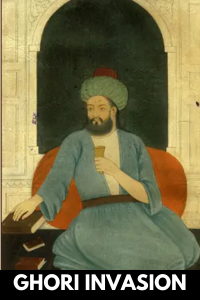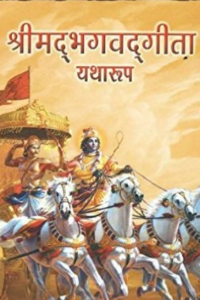Mohammed Ghori: Conqueror of Northern India
Mohammed Ghori, also known as Muhammad of Ghor, was a ruler and military leader from the Ghurid dynasty in present-day Afghanistan. His conquest of northern India laid the foundation for the Delhi Sultanate, which would dominate the Indian subcontinent for centuries. Ghori’s legacy is particularly tied to his battles against the Rajputs and his establishment of Islamic rule in India.
Early Life and Rise to Power
Mohammed Ghori was born in 1149 in the region of Ghor (now part of Afghanistan). Initially, he was not the direct heir to his family’s throne, but his ambitions led him to seize power from his brother, who ruled the Ghurid dynasty. Ghori’s early years were spent expanding his power base in Central Asia before turning his attention to the Indian subcontinent.
The Conquests in India
The most famous of Ghori’s conquests was his invasions of northern India, starting in 1175. He first targeted the region of Multan, which he captured from the Rajputs. His campaigns were marked by military brilliance, especially in his use of cavalry and strategies suited for the Indian battlefield.
One of his most significant victories was at the First Battle of Tarain (1191), where he faced the Rajput king Prithviraj Chauhan. Despite Ghori’s defeat in this battle, he returned the following year with a larger force, and in the Second Battle of Tarain (1192), he decisively defeated Prithviraj, marking the beginning of Muslim rule in northern India. This battle effectively broke the Rajput resistance and allowed Ghori to conquer vast territories.
Legacy and Establishment of the Delhi Sultanate
After defeating Prithviraj Chauhan, Ghori established a strong foothold in Delhi and Lahore. His victory led to the establishment of the Delhi Sultanate, which was later ruled by his successors, including Qutb-ud-din Aibak, who became the first Sultan of Delhi. Ghori’s influence helped to establish Islam as a significant political and cultural force in India.
Though Ghori’s reign was cut short by his assassination in 1206, his military campaigns and the establishment of Islamic rule in India had a profound and lasting impact on the region. The Ghurid empire, which Ghori helped build, eventually collapsed, but his conquests paved the way for the expansion of the Delhi Sultanate, which would last for centuries.
Conclusion
Mohammed Ghori’s invasion of India set the stage for the subsequent expansion of Islamic empires in the subcontinent. His defeat of Prithviraj Chauhan and the establishment of Muslim rule in India marked a turning point in the region’s history. Though Ghori’s rule was relatively brief, his impact on Indian politics, culture, and religion remains significant. His legacy is often seen as the beginning of Muslim dominance in India.





Reviews
There are no reviews yet.